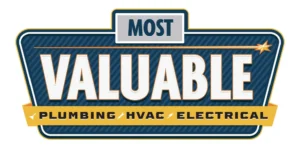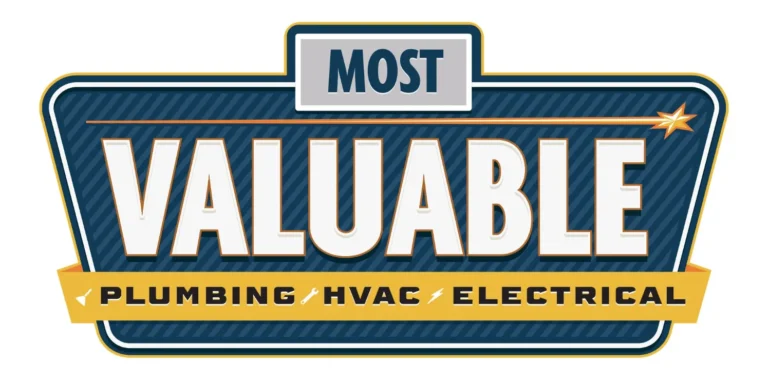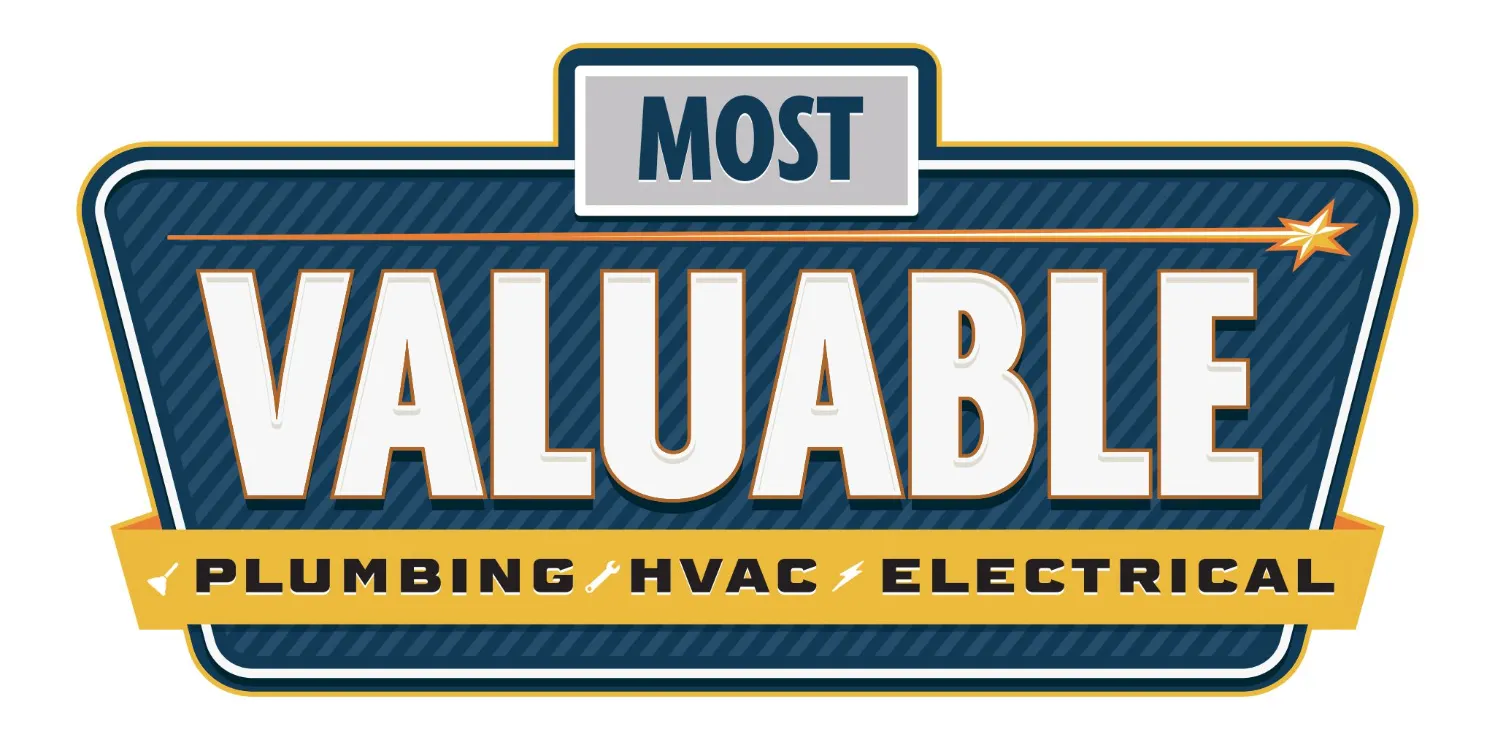Your water heater is an indispensable appliance that keeps showers toasty and dishes spotless, yet like everything, its lifespan eventually begins to diminish. Over time, signs may surface that signal its time for replacement; we will cover some key indicators in this article that indicate when to make this move – early recognition can reduce unexpected breakdowns and potential water damage in your home.
Age Matters – The Golden Rule
As with other appliances, water heaters have an expected lifespan. A traditional tank water heater typically lasts eight to 12 years while tankless models may live for 20. When considering whether its time for replacement, age must also be factored into consideration.
Ten Telltale Signs
Lack of Hot Water – One of the clearest signs that something may be amiss with your water heater is when its ability to deliver hot water has diminished over time, leaving showers either lukewarm or even cold; this may indicate either a failing heating element or tank which needs replacement, respectively.
Rusty Water – If rusty or discolored water appears from your faucets, this could indicate corrosion within your water heater and pose health concerns if left ignored. Don’t ignore this warning sign!
Strange Noises – Over time, sediment can build up at the bottom of your water heater’s tank and cause popping, crackling or rumbling sounds that indicate its struggle and require immediate attention. These sounds indicate your unit has reached critical point and needs servicing immediately.
Leakage – Seeing water pool around your water heater is a sure sign of trouble, which could be caused by cracks in the tank or loose connections, so any such leakage should be addressed promptly to avoid water damage.
Fluctuating Temperatures – Uneven hot water temperatures, from scorching to frigid, may indicate that your thermostat has malfunctioned and are becoming inconsistent – something which makes daily tasks such as showering or doing dishes frustrating and unpleasant
Rising Utility Bills – Observing an unexpected increase in your energy bills without changing in water usage habits could be an indication that the efficiency of your water heater has diminished over time. Aging units tend to become less energy-efficient over time.
Visible Corrosion – Be wary of any signs of corrosion on the exterior of your water heater, particularly around its pressure relief valve. Corrosion weakens tanks over time and may even lead to leaks if left unchecked.
Repeated Repairs – If you find yourself calling on plumbers repeatedly to fix various issues with your water heater, it may be more cost-effective to upgrade completely than to continue relying on repairs for fixes. Repeated repairs can quickly add up.
Water Odors – Unpleasant-smelling water could be an indicator of bacteria growth within your water heater, which is both unpleasant and unhealthy. Replacing it may be necessary in order to eliminate this issue.
Visible Signs of Aging – If your water heater appears aged, with signs such as rust, dents or cracks, this is often an indicator that its lifespan has come to an end. Aside from aesthetic concerns, these signs could also signal more serious internal issues that need addressing.
Conclusion
Your water heater plays a pivotal role in daily life, providing comforting hot water when needed most. Recognizing when its time to replace your unit is key in order to avoid inconvenient breakdowns or potential home damage resulting from outdated models. If any of the ten signs we’ve discussed have surfaced with your current one, now may be an opportune time to make that change.
Quick Overview:
Age matters when it comes to water heaters; their lifespans have their own finite limitations.To identify when its time to replace yours, here are the top ten telltale signs it may be time for replacement:
Lack of hot water Rusty water Strange noises
Leakage
Fluctuating
temperatures
Higher utility bills
Visible corrosion
Frequent repairs
Water odors
Visible Signs of Aging
Keep an eye out for signs that your hot water may not be running reliably and act immediately to address them; doing so can ensure a reliable supply for your home while protecting you against costly repairs and damages.


